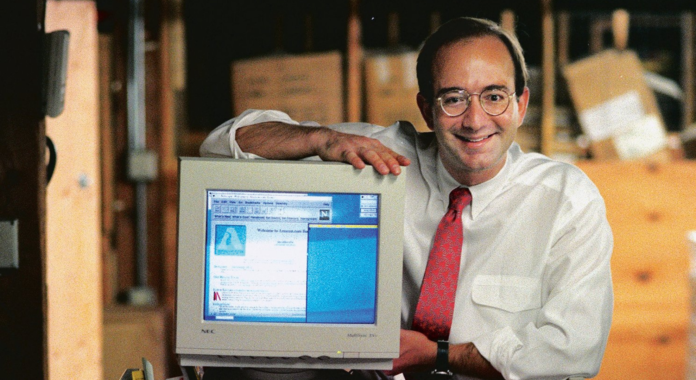Maintaining motivation and enthusiasm for professional success is essential for continued success. It can be difficult to find, nurture and sustain motivation. In this article, we will discuss the most effective strategies to help you learn how to stay motivated and drive yourself toward achieving your professional goals.
Table of Contents:
1. Overview of Motivation
2. Identifying Your Goals
3 Setting Realistic Goals
4. Taking Action
5. Coping With Setbacks
6. Surround Yourself with Positive People and Ideas
7. Conclusion
1. Overview of Motivation
Motivation is an integral aspect of professional success as it is a driving force that helps people set and achieve their goals. It is important to keep in mind that motivation is not just a goal-oriented concept, but can involve many smaller elements such as enthusiasm and inspiration. Working towards your goals and taking action to achieve them can help foster a motivated mindset and help you stay focused on the task at hand. Furthermore, motivation will also help you stay energized, organized, and productive as you work towards achieving your professional goals.
2. Identifying Your Goals
Identifying and setting your professional goals is an important step in developing a motivated mindset. This includes setting long-term goals as well as creating achievable short-term goals that will help you break your bigger goals down into manageable pieces. Writing down your goals and how you plan to achieve them can help you create a sense of direction and motivation. Moreover, setting attainable weekly, monthly, or even daily goals can help you track your progress and build a motivation that will carry you through your professional journey.
3. Setting Realistic Goals
Once you have identified your goals, it is important that you set realistic goals for yourself. This is important for both long-term and short-term goals. Unrealistic goals can lead to frustration and can make it difficult for you to stay motivated and make progress. However, setting realistic goals can provide direction and momentum, enabling you to make progress and achieve success.
4. Taking Action
Motivation is only a useful tool if you use it to fuel your journey toward success. This means taking action and working towards achieving your goals. However, it is important to keep in mind that taking action does not always mean pushing yourself to the point of exhaustion. Instead, take consistent, steady, and manageable steps toward achieving your goals. Oftentimes, focusing on the process rather than the end result is the most effective way to keep yourself motivated and sustain a productive attitude.
5. Coping With Setbacks
It is important to note that professional success is rarely a straight path, and it is inevitable that you will experience some type of setback along the way. It is how you respond to these setbacks and use them to your advantage, that will determine your ability to stay motivated and driven. Learning how to stay positive and resilient even in the face of adversity will enable you to keep moving toward achieving your goals.
6. Surround Yourself with Positive People and Ideas
Having a support system is essential for your professional journey and nourishing your motivation. Surrounding yourself with a strong network of positive people who are encouraging and provide constructive criticism, can help keep you motivated and inspired. Similarly, engaging in activities, such as reading books and listening to inspiring speakers, can also help to keep your motivation level high.
7. Conclusion
Learning how to stay motivated and energized throughout your professional journey is essential for continued success. By taking the time to identify your goals, setting realistic expectations, and taking action, you can foster a motivated mindset. Furthermore, making sure you have the right support system and taking time to engage in positive activities can help ensure that you can stay motivated and driven for long-term success.


